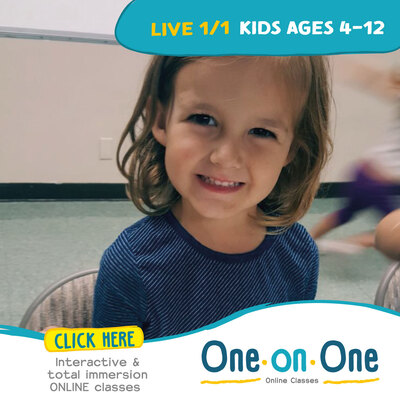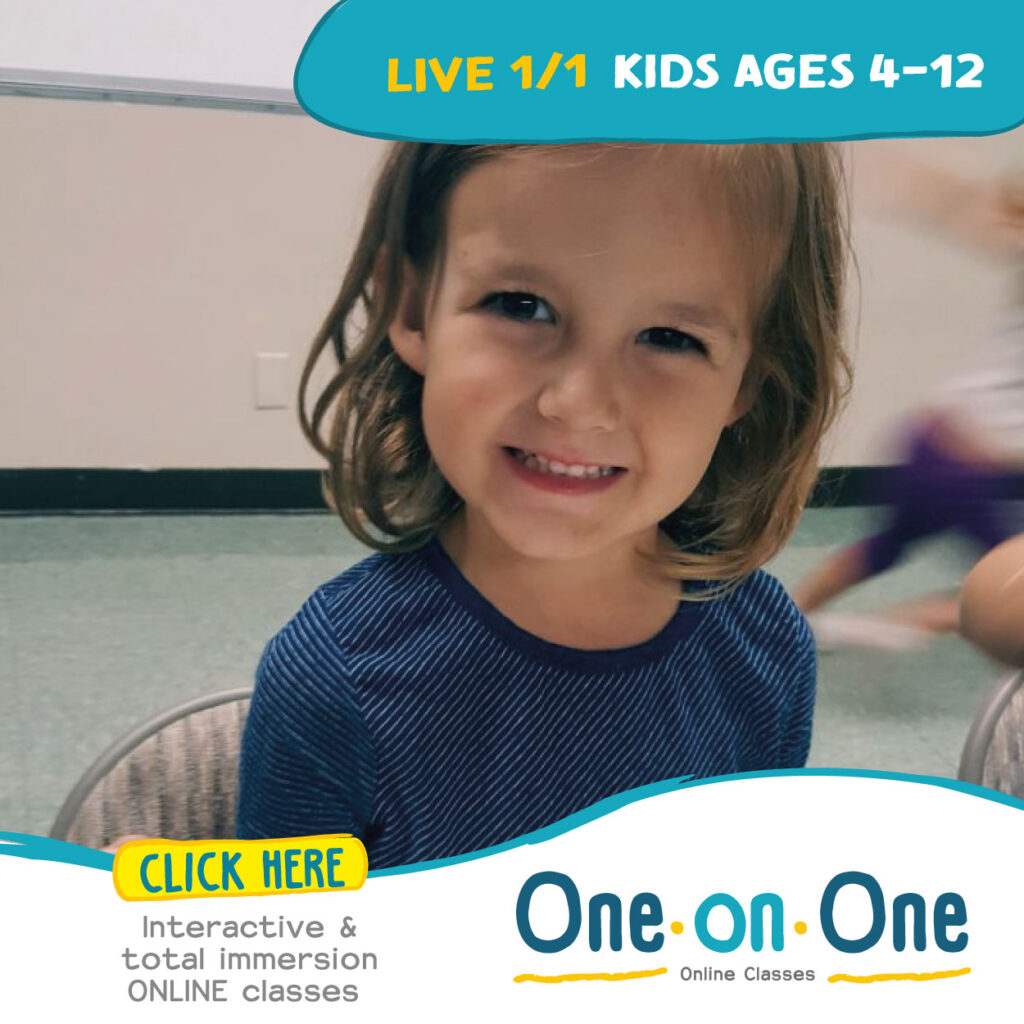Your son bites into a warm chocolate chip cookie and the moment it’s gone he craves… another.
Your daughter wins a stuffed animal from a carnival game, and decides she must have…. another.
You sign your child up for language classes and you want to sign them up for…. another.
Some things are ok for children to attempt at the same time, but what about languages? We’re here to separate fact from fiction of what happens when children learn two languages at the same time.
Another Delay? Nope.
The argument has been made that learning multiple languages can cause delays in speech in young children. This is true – but only temporarily! What appears to be a delay in speech in a child learning a foreign language (or two) is in fact a normal part of the language learning process called “language attrition.” The brain is so focused on learning the new languages that all resources go into this task, leaving established languages starved for attention.
Joanna Clifton-Sprigg from the University of Bath, UK, compared the cognitive and non-cognitive skills of children aged under six living in Scotland and stated her results: “While bilingual children can initially lag behind in naming vocabulary, however, the disadvantage disappears before the age of five for most of them.”
Another Drop in Grades? On the contrary.
Another concern that has been voiced is that children who learn two languages at the same time will not be able to keep up at school with children who are only focused on one language. On the contrary, various studies suggest that there is a connection between learning a foreign language and accomplishments on standardized tests. In one study, students who participated in a Spanish program the entire semester scored notably higher on the Metropolitan Achievement Test (MAT) in language skills and mathematics than students who did not participate in the Spanish program. (Armstrong, P. W., & Rogers, J. D. 1997. Basic skills revisited).
Similarly, a study conducted by A. D’Angiulli and E. Serra in 2001 (The development of reading in English and Italian in bilingual children) suggested that adolescent bilinguals score higher on word-reading and spelling tasks than skilled monolingual readers of the same age group.
Another Attainable Achievement? Definitely.
Perhaps you have been convinced that learning two languages is a good thing, but you are still wondering if it is possible. I’d like to introduce you to Bella Devyatkina, who at the age of four already spoke six foreign languages fluently, plus her native Russian.
“She has the same knowledge that any four-year-old child should have, but she is able to discuss these topics in different languages,” her mother explained. “Not every child needs to speak six languages, but any kid can master two or three.”
If you’re ready to take the plunge and sign your child up for another language, there’s no better place to start than Cultural Bytes. Check out our online classes for French, Spanish, and Mandarin and you won’t be dissapointed.
If you liked our article and want more information, contact us, click here








